A surge in traffic is fierce as a tiger, but a look at sales shows a decline
![]() 09/04 2024
09/04 2024
![]() 618
618

Introduction
Introduction
Uncovering the veil of executives' "traffic".
On June 13, 2023, the 18-member senior management team of Great Wall Motor collectively entered Weibo.
......
On April 28, 2024, 12 senior executives of AVATR collectively entered Weibo.
On May 15, several senior executives from GAC's independent and joint venture brands formed a group to open personal new media accounts.
On May 27, BYD's general manager team collectively entered Douyin.
......
Undoubtedly, starting from when tech enthusiast Elon Musk ventured into the electric vehicle industry, followed by Chinese internet elites like Li Bin, Li Xiang, and He Xiaopeng, and then tech mogul Lei Jun announcing his entry, this series of crossover automotive moves has ushered in a new chapter where individuals exert influence on the internet and social platforms in the form of IPs.
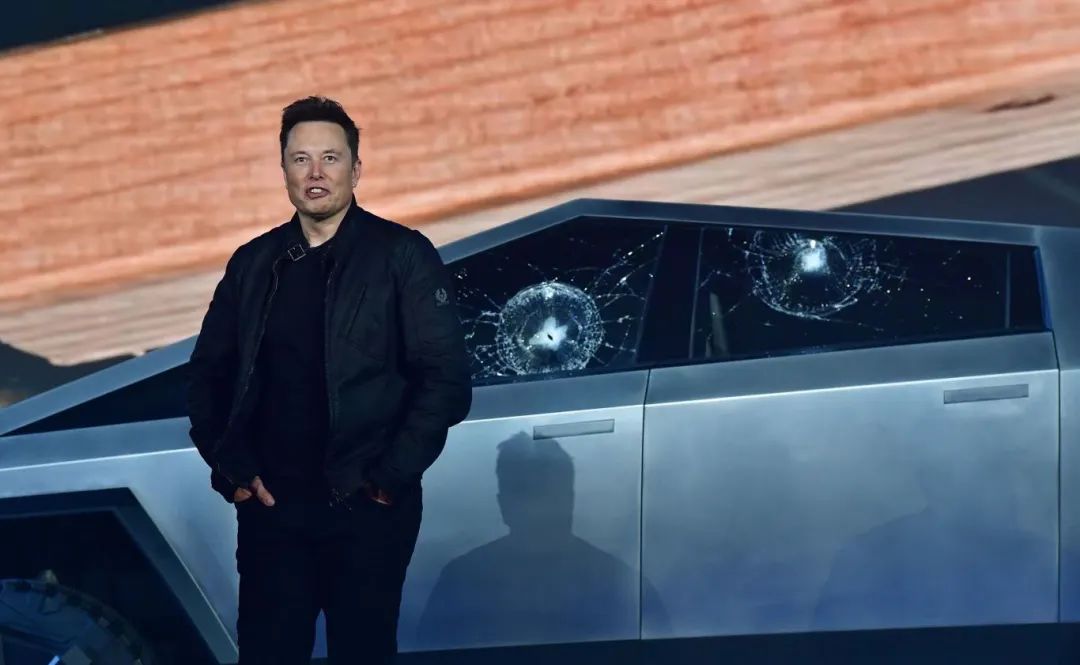
By sharing personal insights and showcasing product highlights, they effectively enhance the market recognition and influence of the automotive brands they founded or participate in.
Over the past two years, this trend has become increasingly apparent, whether it's emerging automotive forces or traditional new energy vehicle companies; whether it's locally rooted independent brands or foreign brands that have traveled far; and even numerous executives from state-owned enterprises, private enterprises, and central enterprises have emerged from behind the scenes with unprecedented enthusiasm.
They collectively "debuted" and competed to become "internet celebrities" in the automotive industry. This phenomenon has even sparked self-deprecation within the industry: "Executives who can't play with new media are unqualified."
However, it's worth noting that while traffic in China's automotive circle can peak at events like the Beijing Auto Show in April, just four months later at the Chengdu Auto Show, when it comes time to actually sell cars, this heat significantly cools off, plunging into a trough.
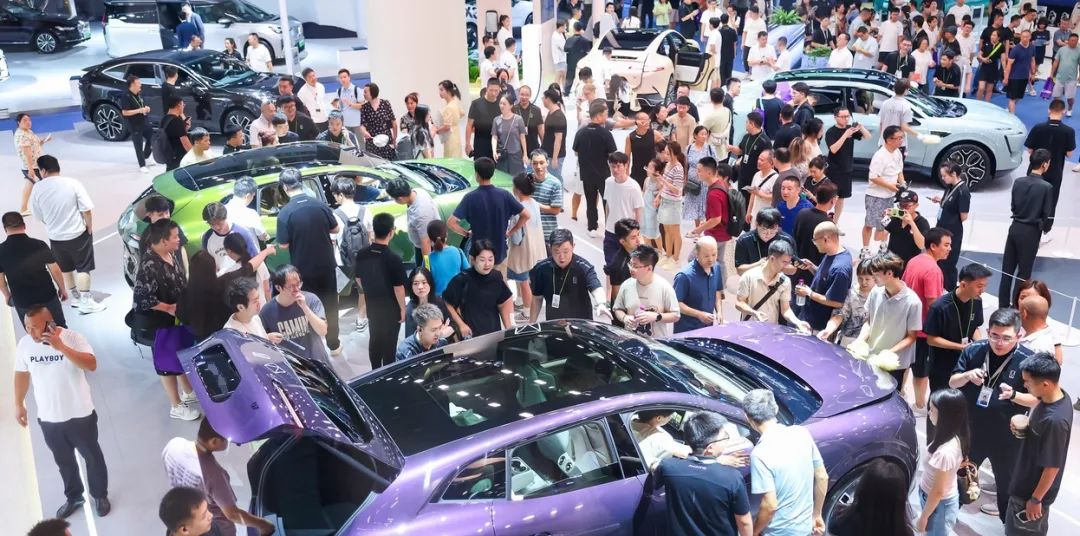
This contrast starkly reveals a cruel reality: While traffic can bring massive exposure, it doesn't necessarily translate directly into sales. What value does traffic that fails to promote product sales hold? This undoubtedly serves as a wake-up call for companies blindly pursuing traffic.
Traffic doesn't sell products
Drawing on their experience navigating the digital age, these automotive professionals who have crossed over from the internet sector possess unique insights and tactics for harnessing online traffic. They excel at leveraging social media platforms to quickly attract and accumulate a large fan base, winning valuable exposure opportunities for the automotive brands they represent.
However, for many traditional automotive industry practitioners, the situation is vastly different. Due to their long-term focus on the design and manufacturing of physical products, they are relatively less sensitive to the operating rules of the internet ecosystem, user behavior habits, and online language.
When confronted with corporate requirements to venture into new media and engage in live streaming activities, many traditional automotive professionals struggle, potentially even falling into the trap of blindly following trends due to a lack of relevant experience. In such cases, forcibly advancing a new media strategy may not only fail to achieve the expected promotional effects but may also damage brand image due to issues like low content quality and poor interactivity.
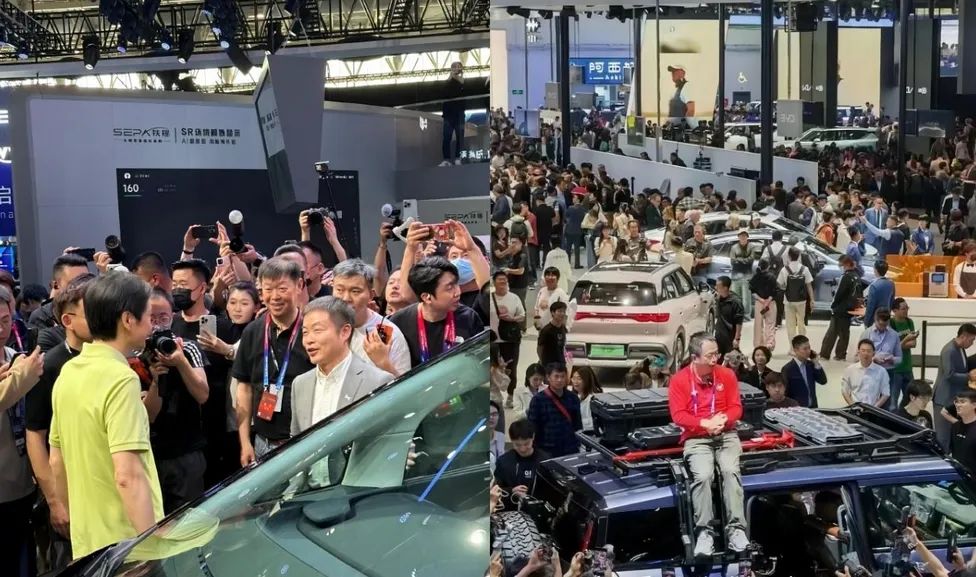
Many people criticize traditional automotive professionals' pursuit of internet traffic and exposure as a waste of manpower, money, and resources. In the process of pursuing internet traffic and exposure, companies must invest significant human, material, and financial resources. This includes not only hiring professional teams to plan and execute new media activities but may also involve additional training for existing employees to adapt to new marketing methods.
More crucially, this process often sacrifices valuable time and energy that executives should be devoting to core business management and strategic planning. For many traditional automotive professionals, they should be experts focused on core business areas like product development, quality control, and market expansion but are forced to divert their attention to learning and experimenting with new media operations, an area they are not proficient in, due to corporate transformation needs.
This unprofessional side hustle can not only distract them from their main job but may also lead to ineffective marketing due to a lack of relevant experience, or even negative brand impact. Therefore, for traditional automotive professionals, blindly following trends may lead to an awkward situation where they achieve little with much effort.
Here, comparing the activity levels of these automotive executives on new media platforms with the sales of their automotive companies or brands during the same period provides even more convincing evidence.
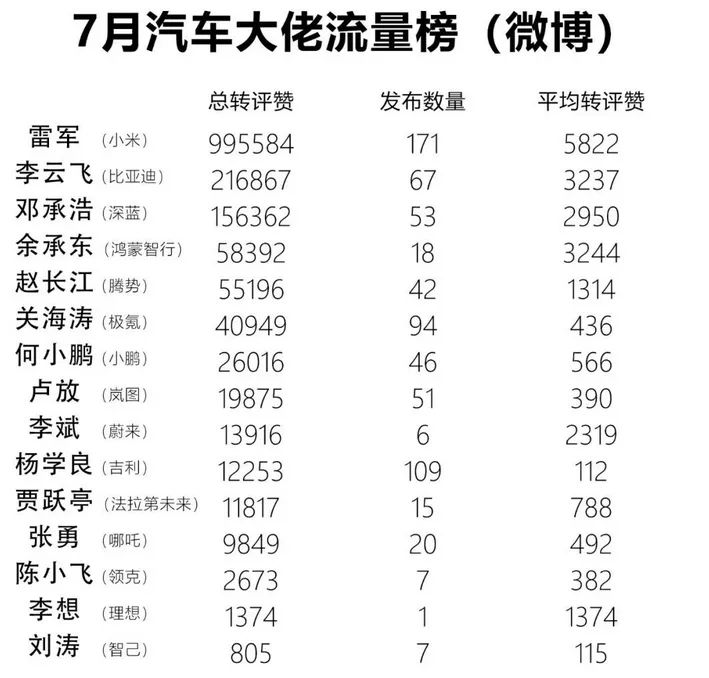
Someone has compiled a list of automotive leaders' traffic rankings on Weibo in July, and it's evident that traffic and sales are not directly proportional. Brands like SL03, G3i, ES6, NIO ET5, and L7, despite their executives ranking among the top 15 in personal Weibo traffic, only sell around 20,000 vehicles per month, with some brands falling short of that figure.
If an automotive brand sells less than 20,000 vehicles per month, it's not just an issue of the influence of an individual IP; it's a matter of whether the company can survive. Sales are one of the key indicators for measuring a brand's market performance, reflecting the brand's comprehensive strength, product quality, market strategy, channel layout, consumer reputation, and other aspects.
At this point, even if a brand executive or founder possesses a strong personal IP, attracting significant attention on social media, if the product itself lacks competitiveness, has inaccurate market positioning, or has an inadequate after-sales service system, it will be difficult for this personal influence to translate into actual sales growth.
It doesn't save on advertising costs either
It's also evident that while new energy vehicle startups excel at leveraging internet thinking to harness traffic, they ultimately struggle to escape the embarrassment of low sales. Once upon a time, these startups boasted of "outperforming Tesla" as a slogan, attracting significant attention.
However, as time passed, the market taught them a harsh lesson, leaving them bruised and battered.
Faced with this dilemma, should these new energy vehicle startups take a step back and seriously consider why their hyped products have failed to achieve breakthroughs in sales? Even after undergoing upgrades, why have they still failed to win over consumers?
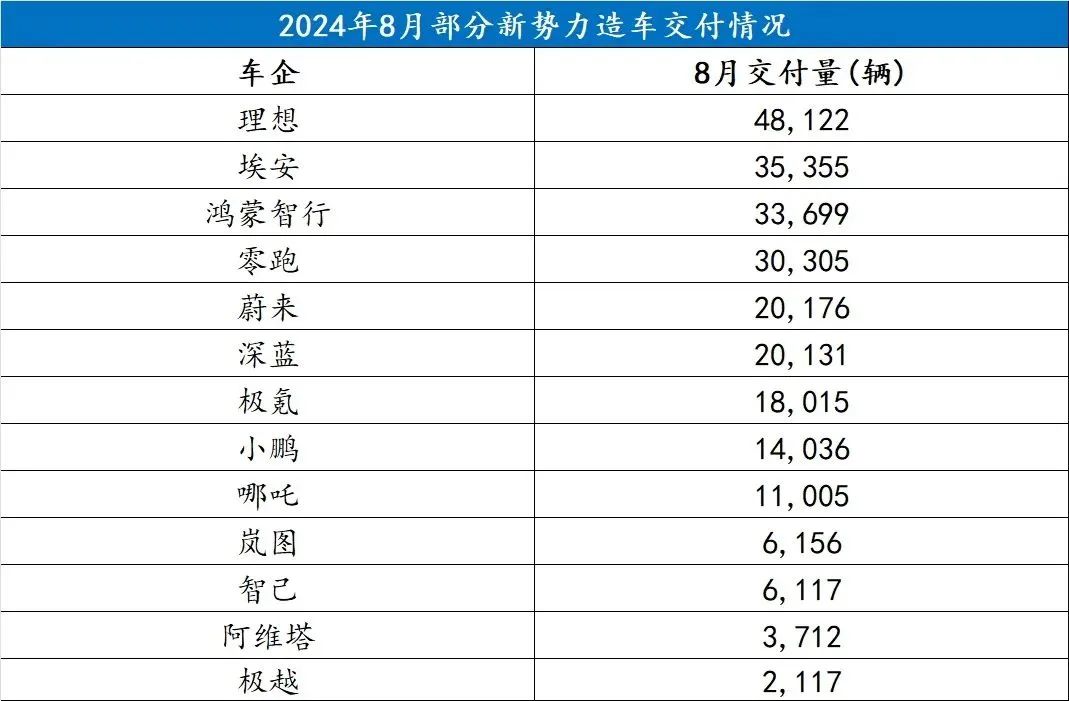
Perhaps the root of the problem lies in their excessive focus on acquiring traffic while neglecting the quality of their products and actual market demand. While traffic can bring temporary attention, what ultimately determines a brand's success or failure is the strength of its products and market recognition.
Many automotive executives claim that opening new media accounts is to establish more direct and efficient communication channels to better engage with users and understand their needs. However, the reality is stark. In the new energy vehicle sector, some automakers have particularly egregious instances of betraying their customers.
The replacement cycle for new energy products has shortened, and new users quickly become exploited. These users, who should be valuable seed customers for automakers, have voiced their rights under the media accounts of automaker executives. Suddenly, these accounts are filled with user complaints and dissatisfaction, significantly damaging the automaker's brand image.
Some influential individuals have also publicly pointed out that internet celebrities from automaker backgrounds, renowned for their vast fan base, frequent public speeches, and widespread influence, have undoubtedly saved their respective companies billions in advertising costs as their very existence serves as powerful brand promotion.
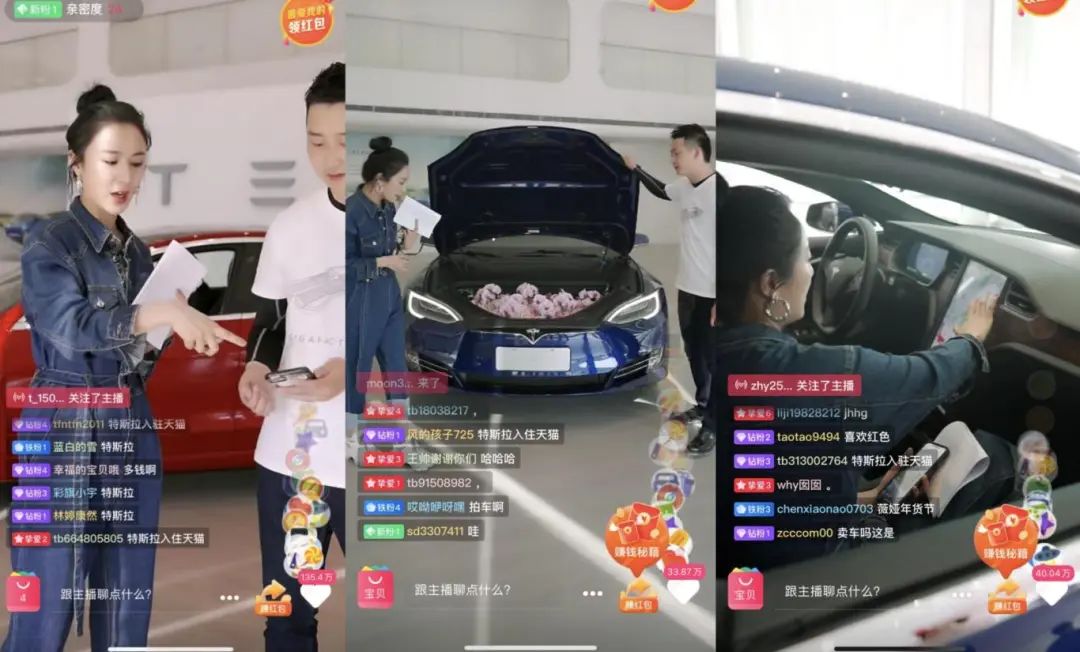
However, it remains questionable whether advertising costs have indeed been saved. For traditional automotive industry practitioners, they often face significant challenges when venturing into new media. Due to a lack of internet user accumulation, their new media accounts often struggle to gain sufficient attention in their initial stages.
To create seemingly active and popular accounts, the teams behind these executives must resort to unconventional tactics like buying followers and inflating likes, comments, and shares to boost their data performance. These operations undoubtedly require significant investments, making early-stage new media operations quite costly.
This practice of inflating numbers is also known as self-deception. False account data cannot accurately reflect user interests and demands and fails to bring genuine brand value and market influence to automakers. In the long run, such self-deception will only weaken brand credibility and increase executives' fatigue.
After the Chengdu Auto Show concluded, a prevalent discussion emerged within the industry: it has become increasingly difficult to find "blockbuster" models selling over 10,000 units per month in the current automotive market. For automakers, how to create blockbusters that lead market trends and win over consumers has become a crucial issue to address, rather than blindly pursuing traffic.







